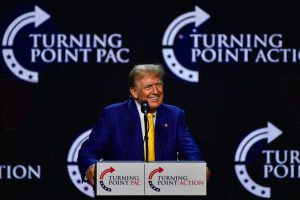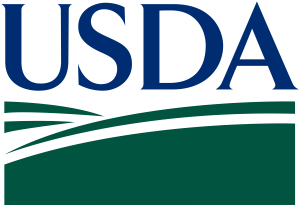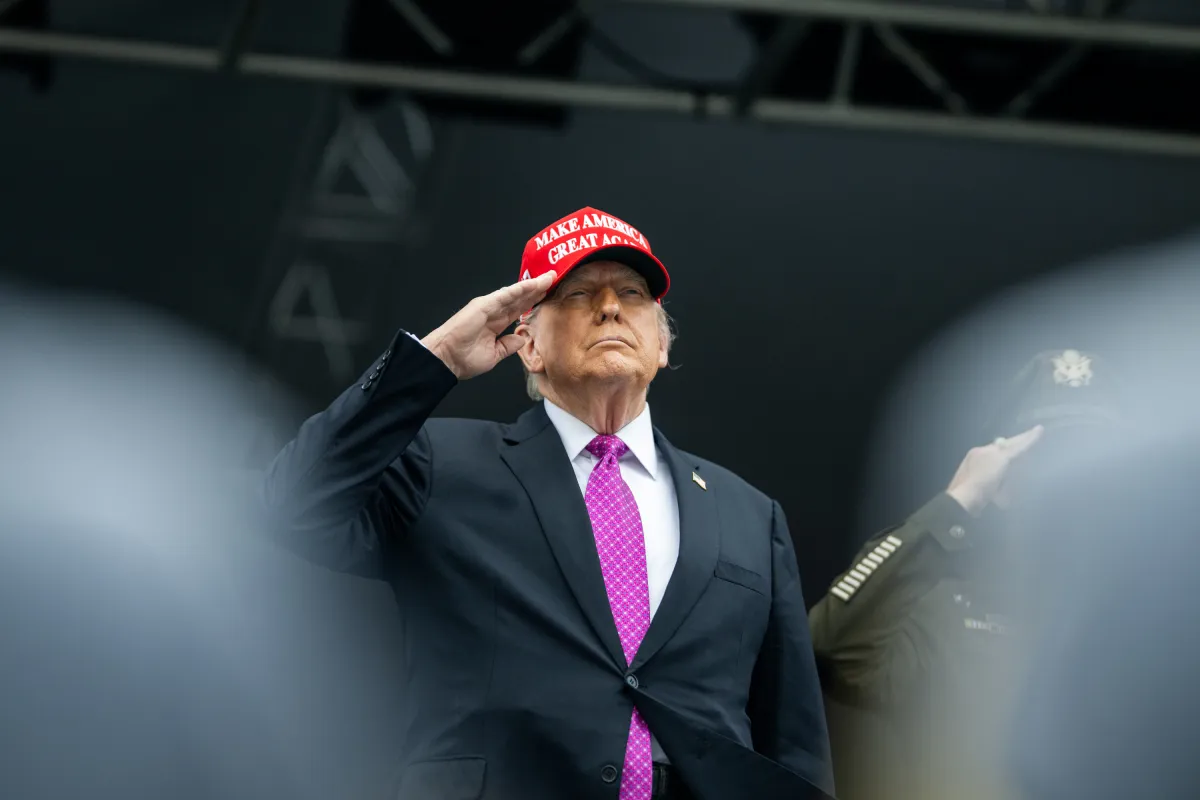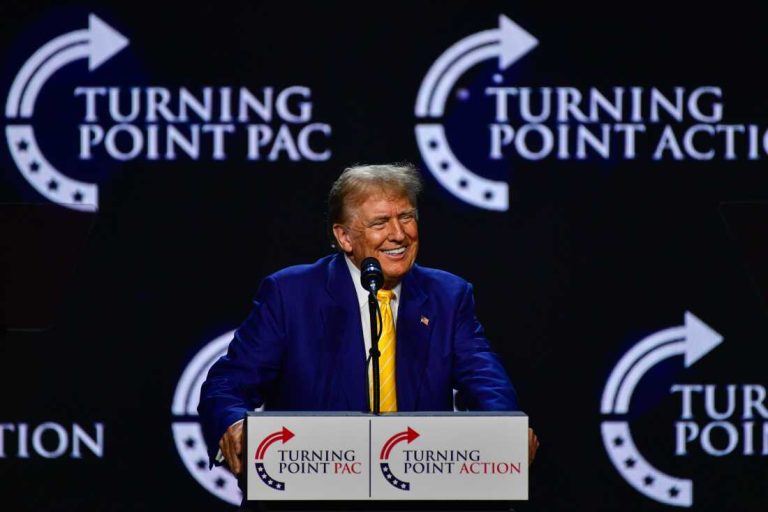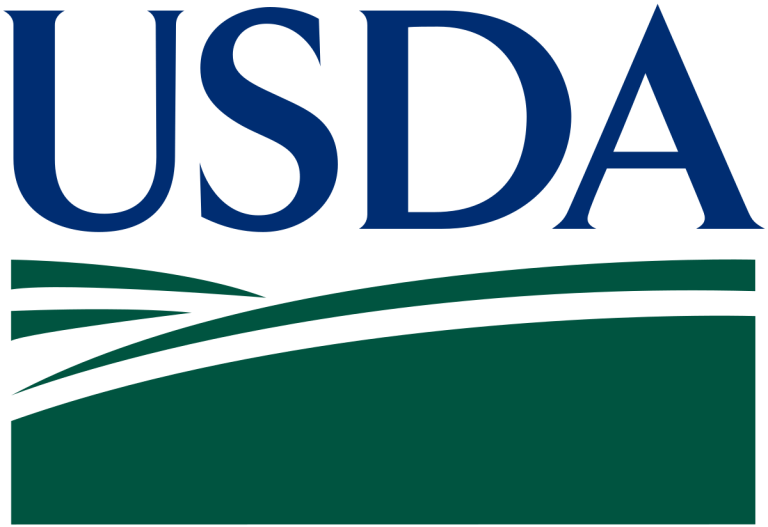Escalating the Stakes
The United States has dramatically raised the stakes in its pursuit of a foreign head of state accused of orchestrating an international drug empire. Attorney General Pam Bondi revealed this week that the reward for information leading to his capture has doubled, reaching an unprecedented $50 million.
This escalation, Bondi said, is part of an aggressive campaign to dismantle a network that blends political power with organized crime. The target, a controversial figure in Latin America, is alleged to have worked alongside violent cartels to flood U.S. communities with narcotics.
Allegations of Narco-Terrorism
According to Bondi, the accused leader has operated as one of the world’s most prolific narco-traffickers, with deep ties to organizations like Tren de Aragua, the Sinaloa Cartel, and the so-called Cartel of the Suns. U.S. officials say these alliances have helped funnel fentanyl-laced cocaine into the country, fueling an epidemic that has already claimed tens of thousands of American lives.
Bondi detailed recent seizures that she says are linked directly to this network—over 30 tons of cocaine intercepted by law enforcement. She warned that the threat is not abstract: “This is a national security issue. The individual in question has used state resources to protect and expand the drug trade.”
A Long History of U.S. Pursuit
This bounty hike follows years of escalating offers. During Donald Trump’s first term, the U.S. placed a $15 million price on the leader’s head. Under the Biden administration, that figure rose to $25 million—matching the historic reward once offered for Osama bin Laden. Now, the $50 million mark makes it one of the largest bounties in modern history.
The increase reflects both frustration with the inability to bring him to justice and confidence that more money might prompt insiders to break ranks.
The Man Behind the Allegations
Only midway into the announcement did Bondi name the man: Nicolás Maduro, the president of Venezuela. In U.S. indictments, he stands accused of running a “narco-terrorism conspiracy” that weaponized drug trafficking to destabilize North America.
Maduro has been in power since 2013, following the death of Hugo Chávez. His tenure has been marked by economic collapse, mass emigration, and repeated accusations of corruption and human rights abuses. Washington’s charges add another layer to a regime already under heavy international sanctions.
Economic and Political Isolation
The Department of Justice has seized an estimated $700 million in assets linked to Maduro, ranging from private jets to offshore accounts. This financial squeeze is intended to limit his ability to buy loyalty at home and abroad.
Bondi stressed that the reward is not symbolic. “We are serious about bringing him to justice,” she said, urging anyone with actionable intelligence to come forward through secure channels.
The Maduro Response
In Caracas, officials dismissed the bounty as “pathetic theater.” Venezuela’s foreign minister claimed the move was designed to distract from U.S. domestic issues, insisting that Washington has no legal authority over its leader. Maduro himself has previously mocked the offers, appearing on state television to joke about spending the reward money on local development projects.
Despite the ridicule, the mounting bounty could encourage fractures within his inner circle—especially among those who see his grip on power loosening.
Regional and Global Implications
The reward comes at a delicate moment in U.S.–Venezuela relations. In recent years, Washington has mixed hard-line measures with selective diplomacy, easing some oil sanctions and negotiating the release of detained Americans. Observers note that the bounty is a clear signal that engagement has limits.
If successful, the capture of Maduro would be unprecedented—a sitting head of state brought to the U.S. to face federal charges. It would also send a chilling message to other leaders accused of sheltering criminal enterprises under the shield of sovereignty.
Looking Ahead
Whether the doubled reward will shift the balance remains uncertain. Maduro retains control over the military and key security forces, and his government has survived years of economic sanctions and international condemnation. But money is a powerful motivator, and $50 million could tempt even those closest to him.
For now, the U.S. continues to tighten the net, hoping that patience—and a massive payout—will achieve what years of pressure have not.

Emily Johnson is a critically acclaimed essayist and novelist known for her thought-provoking works centered on feminism, women’s rights, and modern relationships. Born and raised in Portland, Oregon, Emily grew up with a deep love of books, often spending her afternoons at her local library. She went on to study literature and gender studies at UCLA, where she became deeply involved in activism and began publishing essays in campus journals. Her debut essay collection, Voices Unbound, struck a chord with readers nationwide for its fearless exploration of gender dynamics, identity, and the challenges faced by women in contemporary society. Emily later transitioned into fiction, writing novels that balance compelling storytelling with social commentary. Her protagonists are often strong, multidimensional women navigating love, ambition, and the struggles of everyday life, making her a favorite among readers who crave authentic, relatable narratives. Critics praise her ability to merge personal intimacy with universal themes. Off the page, Emily is an advocate for women in publishing, leading workshops that encourage young female writers to embrace their voices. She lives in Seattle with her partner and two rescue cats, where she continues to write, teach, and inspire a new generation of storytellers.

